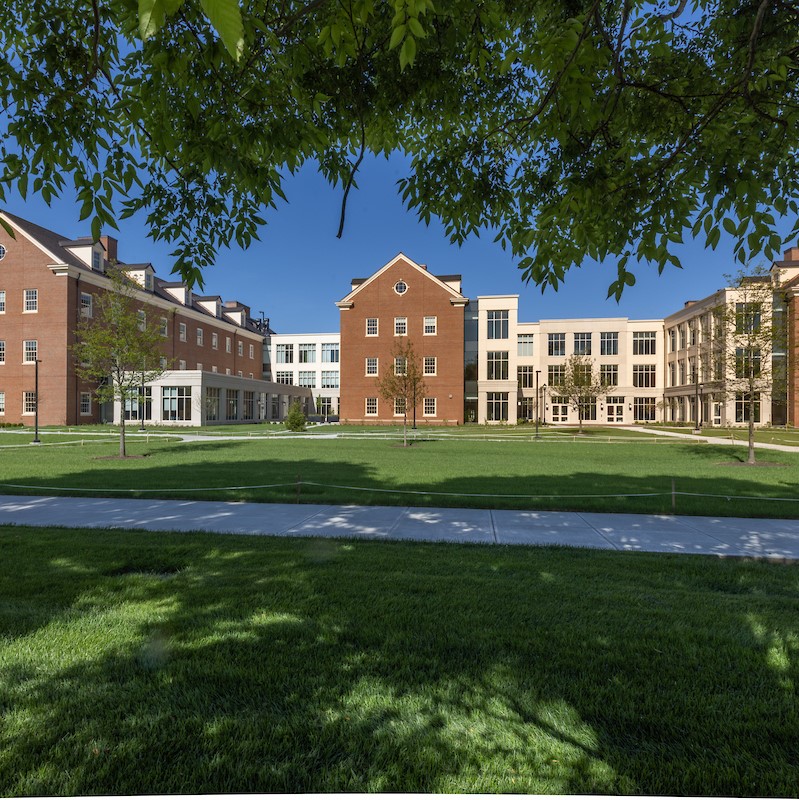
Help a Student
Refer a Student
You should consider Student Counseling Service (SCS) support when you notice the following concerns.
Suicide references
Take all suicide references seriously. You can ask directly: “Are you thinking about suicide?”
If the student says yes, contact SCS for consultation. If the student shares a plan, seek immediate consultation and referral.
Changes in mood or behavior
You may notice withdrawal, irritability, or sudden emotional shifts.
Depression
You may see sadness, low energy, or loss of interest.
Learning problems
These issues may signal underlying emotional or mental health concerns.
Career concerns
Students may feel stuck, overwhelmed, or uncertain about their future.
Retention concerns
You may worry about attendance, engagement, or a student leaving school.
When You Should Not Handle the Situation Alone
- The concern feels too serious for you to manage.
- You know the student outside of a professional role.
- You feel unable to help the student effectively.
- The student seems uncomfortable talking with you.
- The student asks for a referral.
How to Refer a Student
- Tell the student exactly what concerns you.
- Explain that the referral reflects your best judgement about helpful support.
- Describe what the student can expect from the visit.
- Remind the student they can choose whether to accept the referral.
If the Student Agrees to the Referral
- Have the student call SCS to schedule the appointment. You may also call while the student is present.
- If the student cannot come in alone, call SCS for help.
- Follow up to show support and interest, without prying.
- After the appointment, SCS cannot share details without the student's written consent.
- If the student refuses and you fear for their safety, call SCS to consult immediately.
What Happens When The Student Comes In
- The student schedules an initial appointment, usually within one week.
We schedule same-day visits for emergencies. - The student meets with a counselor for about 30-50 minutes.
- The counselor helps the student connect with appropriate services.
Emergency and After-Hours Support
We offer emergency appointment slots during the day for students in immediate need. Students can often receive same-day care.
Call SCS at 513-529-4634, or have the student call directly.
For urgent consultations outside of business hours, contact the H.O.P.E. Line at 855-249-5649. Crisis specialists staff this hotline 24 hours a day.
For life-threatening emergencies, call 911 immediately.
Responding to Disturbing Content in Student Work-for Faculty and Instructors
SCS provides consultation for faculty and instructors who have questions about students’ mental health. This includes concerns about danger to self or others, or disturbing class work.
Call SCS at 513-529-4634 to reach a counselor. The counselor will take your call immediately or return it as soon as possible. If you think it is an emergency, tell the secretary. A staff member will respond quickly.
If you suspect imminent danger, call University Police at 513-529-2222 immediately.
Sometimes additional information or a student evaluation at SCS is necessary. We will arrange these steps as needed.
Due to confidentiality, SCS cannot reveal clinical details or even confirm if a student is a client. We will consult with you and provide guidance for follow-up.
The main goal is to determine if the student shows severe mental illness, poses danger, or needs intervention. When appropriate, SCS consults with the Dean of Students and University Police.
Consultations sometimes reveal emotional problems. Other times, students may not realize their work affects others. Regardless, SCS evaluates concerning or potentially dangerous student expression and intervenes if needed.
Suggestions on How to Respond
- Most of the time, the worst response is no response.
- You do not need to reply immediately if you feel uncomfortable.
- Consult your department chair, Office of Community Standards (513-529-1417), Dean of Students (513-529-1877), or SCS (513-529-4634) before responding.
- Faculty and teaching assistants sometimes respond in ways that unintentionally enable students. Avoid making promises, commitments, or personal comments in your response. Let them know you care about their well-being.
- Learn more about how to make a report to the university about the student of concern.